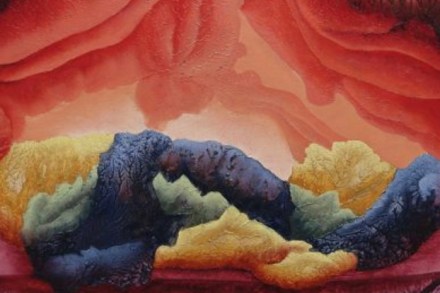Cartoonish, sub-Armando Iannucci comic caper: Mickey 17 reviewed
Mickey 17 is the latest film from the South Korean writer-director Bong Joon-ho, who won an Oscar for Parasite and made Snowpiercer and Okja. It’s a dystopian sci-fi satire starring Robert Pattinson twice over (all will be explained) but while it initially kicks some decent ideas around, it eventually descends into a cartoonish, sub-Armando Iannucci comic caper with, as far as I could ascertain, nothing fresh to say. It’s not the biggest disappointment I’ve had in my life but it’s up there. The film is set some time in the future and Pattinson plays Mickey 17, a crew member on a space-colonisation mission who, in the opening sequence, has fallen




















